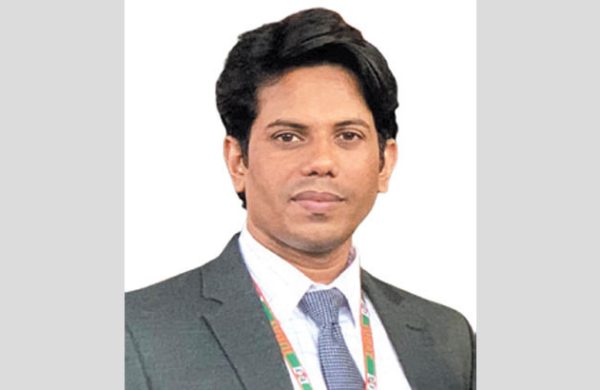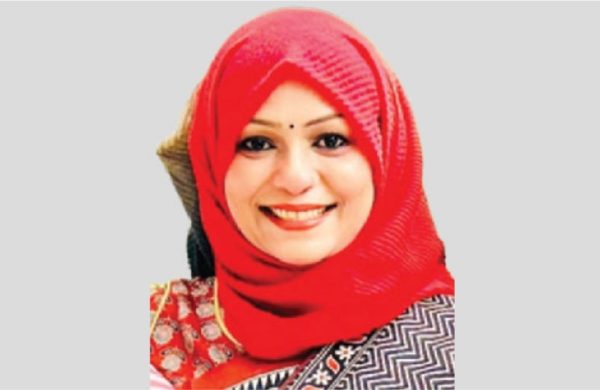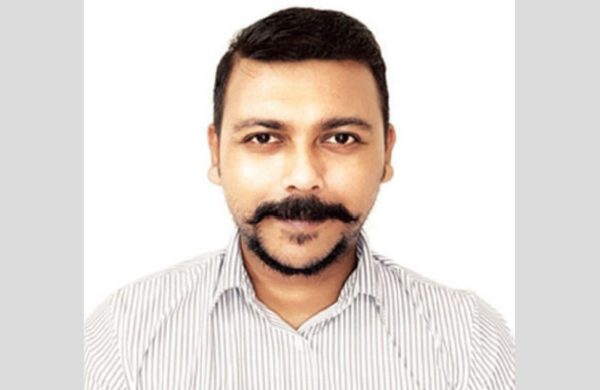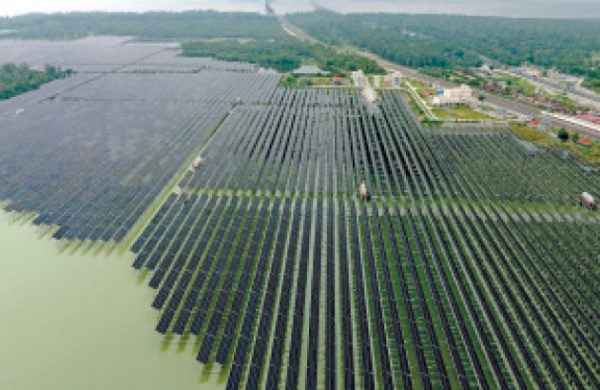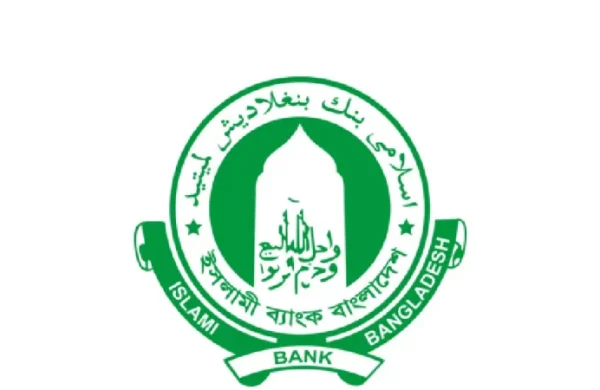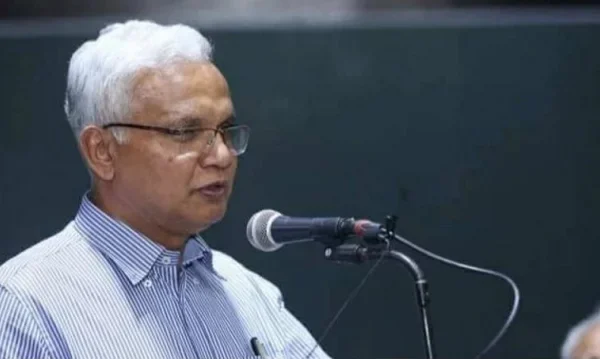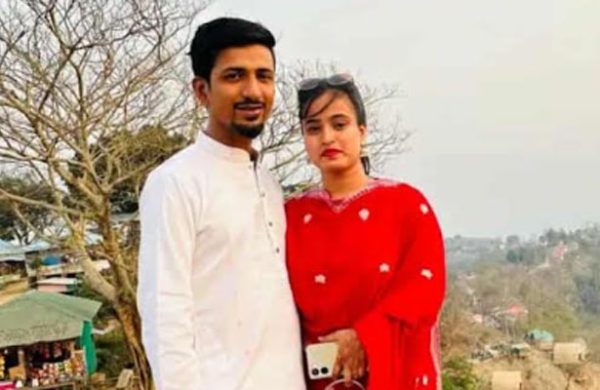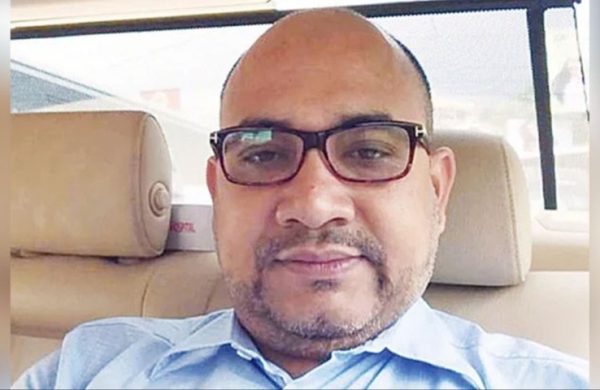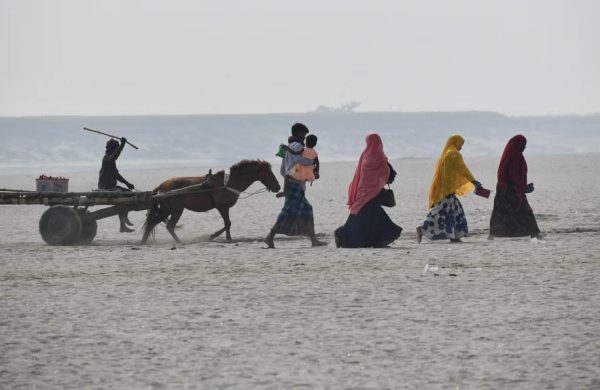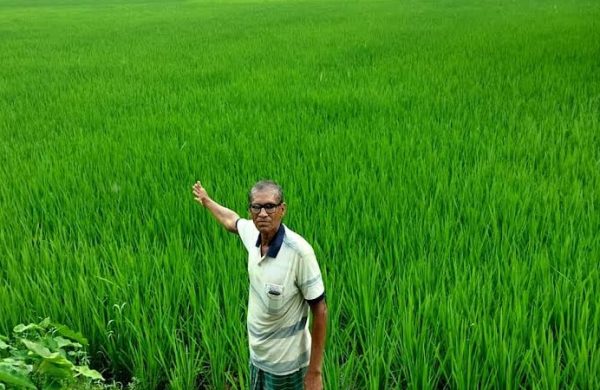Why Mob’s Complexion Changing Like This?
- Update Time : Thursday, September 11, 2025

—Mahfuzur Rahman—
In Bangladesh, the government fell a year ago due to the anti-discrimination student movement. The prime minister had to resign and fled the country. Three days later, when the interim government led by Professor Yunus assumed the duty, it included three student representatives. Immediately after taking the oath, the interim government announced that it would reform the constitution and the election process so that no one could become a dictator after being elected. As a step towards the so-called reforms, the interim government placed a student representative in each ministry. The leaders of the anti-discrimination student movements eventually formed a political party. Though the party in question has yet to register, it has started receiving recognition from the government as one of the three main political parties. All activities of the Awami League were banned. The interim government announced elections in February 2026. If that happens, and if the interim government hands over power to the elected representatives, it will mark its one-and-a-half-year rule. Although no one is sure what reforms will be implemented within this one and a half year!
Earlier, in 2022, the government in Sri Lanka fell in a similar style of mass uprising. There too, the president was forced to resign and fled the country. The interim government took power. After two years, a leftist government came to power through elections. These leftists actively participated in the mass uprising. After the mass uprising in Sri Lanka, it was said that it could be a lesson for Bangladesh. Some even termed it a textbook. But the ruling party in Bangladesh was not willing to learn from it.
The incident in Pakistan was different from the situation described. A coalition government was there. The coalition partners suddenly withdrew support from Imran Khan, the prime minister of that government. Imran Khan wanted to dissolve the parliament and hold new elections. But due to the pressure from the political oppositions and the suo moto verdict of the Supreme Court, Imran Khan had to leave the office of the prime minister. The opposition parties came to power. Imran Khan had to go to jail with an allegation of corruption.
The Nepal incident is very fresh. It has many similarities with Bangladesh’s incident. Public anger had been growing for some time against the corruption and nepotism of the government. When Nepal, a low-income country, was struggling economically, the children of the ruling class would post pictures on Facebook or TikTok that reflected their luxurious lives. The anger of the student and youth community started from there. They have called those children of the ruling class ‘Nepo Kids’, and criticism against these kids increased online. The people did not have any space to vent their dissents. Therefore, they have resorted to the online-based social media. In a situation like this, the social media appeared as the apparent villain in the eyes of the government. The government, then in turn, asked them to register locally in order to ensure its grip over them. When the ultimatum ended, the government banned the 26 social media platforms that failed to fulfil the requirement by Thursday. Public anger increased further. An NGO called ‘Hami Nepal’ claimed that it has called the public rally of Monday to protest the government’s decision and demand an end to corruption. Many other organisations joined the public rally on Monday with the same demand. The government used force to disperse the crowd, and there were casualties, including 19 deaths. This further fuelled public anger. The home minister resigned. The government lifted the ban on social media. But the damage has been done. The prime minister had to resign on Tuesday. Many say he has left Nepal. The people set fire to the residences of various political leaders. The anger cannot save even the parliament building or the residences of the president and that of the prime minister. The army chief has repeatedly asked everyone to remain calm, but the situation remains tense. Like Bangladesh, Nepal now faces an uncertain future. There too, a new generation, termed Gen Z, is the protagonist of change.
Sri Lanka, Pakistan, Bangladesh and Nepal – are we seeing a new wave in Asia? Why is the colour of the people changing like this? Is anyone behind it? So, which country is after Nepal?
The military government of our other neighbour Myanmar also does not have comfort. In a state like Rakhine, there is practically no government control. In various states of India, especially in the eastern states, there is an armed conflict between the government and the separatists. A year ago, following the incident in Bangladesh, a student movement on violence against women was also taking shape in Kolkata. Earlier, there was a movement on the issue of human rights in Iran. On the issue of corruption, movements are seen in Indonesia and the Philippines. In most of these cases, it is the same Gen Z that is instigating the movement.
Some are seeing invisible hands behind these movements. It is very easy to call these a China-America or India-America proxy war. But the question is, is there really such a proxy war going on? Is it such a simple equation? Perhaps not.
The strategic equation in the region is certainly changing. Equations change over time because these are very dynamic. And it is true that due to the development of technology and mass access to it and the increasing reach of globalisation, non-state actors are now emerging outside the control of the state, and because of this, the entire world has become much more uncertain than before. Therefore, what once seemed impossible now seems possible.
In the nineties, it was said that McDonald’s, MTV or Macintosh/Microsoft were more powerful than many countries and could play a much more effective role than the UN peacekeeping forces in some areas. Today, Facebook or WhatsApp may play such a role.
The big truth at this age is that the biggest challenge for the government is good governance. People want good governance. That is why if the government wants to restrict freedom of expression, people choose alternate methods. There lies the importance of social media. But if the government ensures good governance, then social media can no longer be a weapon for the opposition.
No one disagrees with China’s economic rise in the world at this time. Developing countries do not feel any threat about it, but perhaps the United States does. Not only now, but China’s continuous rise and future have long been a subject of close observation by the United States. In the natural order, this rise is a bit of a pain for the United States, as China is occupying or going to occupy the space which was once occupied by the United States. As a result, the United States is not shy about adopting overt or covert strategies to cope with this rise.
Perhaps this is why the development aspirations of the developing countries are mixed up with the fight for dominance between the United States and China. That is why the question arises: are the incidents in Nepal or Bangladesh proxy wars between great powers? The world is now a global village. To the extent that we are part of the global village, it is probably our minimum responsibility to follow global norms. However, the demands of the people are even greater.
Along with China, India is also ambitious. India also wants to poke its nose in here and there if it gets such an opportunity. However, the challenge of putting its own house in order in the case of India and China has not completely disappeared.
Is ensuring good governance difficult for developing countries? Perhaps, yes. Because, in the era of globalisation, people have changed the standards of their aspirations. Now, no one wants to hear that the previous government did this; therefore, we are not doing anything so bad. In other words, the previous governments of one’s own country are no longer the standard. Now the standard is global. As a result, even if it is a developing country or a backward society, it is a challenge for its government to meet that higher standard. A government that understands that challenge and moves forward with due importance to it may survive. Otherwise, yesterday it was Bangladesh, today it is Nepal, and tomorrow it can be any country or any state.
——————————————————
The writer is a former Bangladeshi Ambassador





